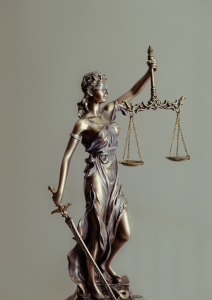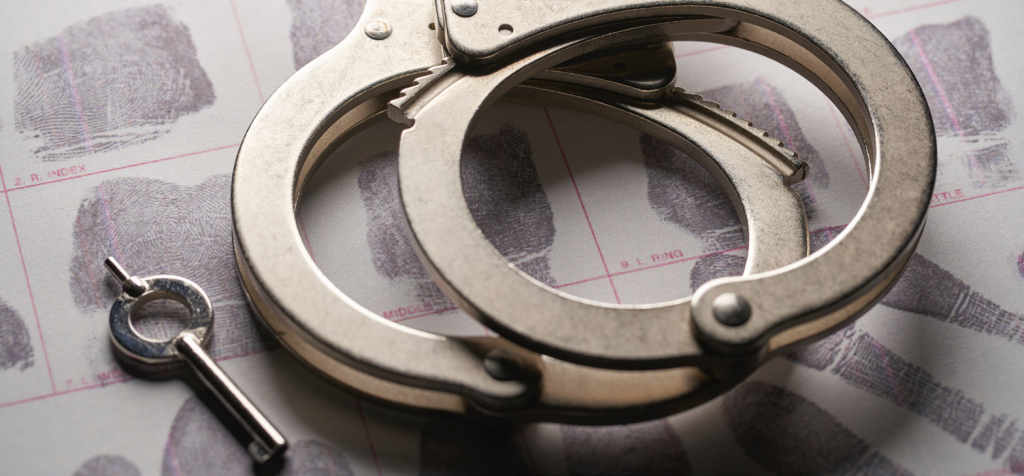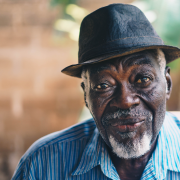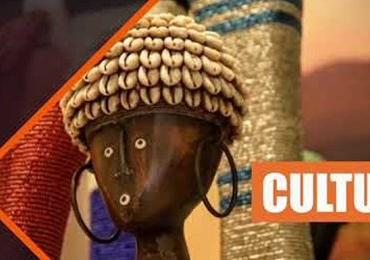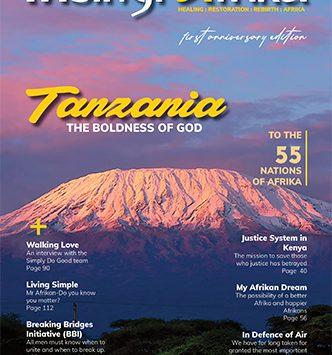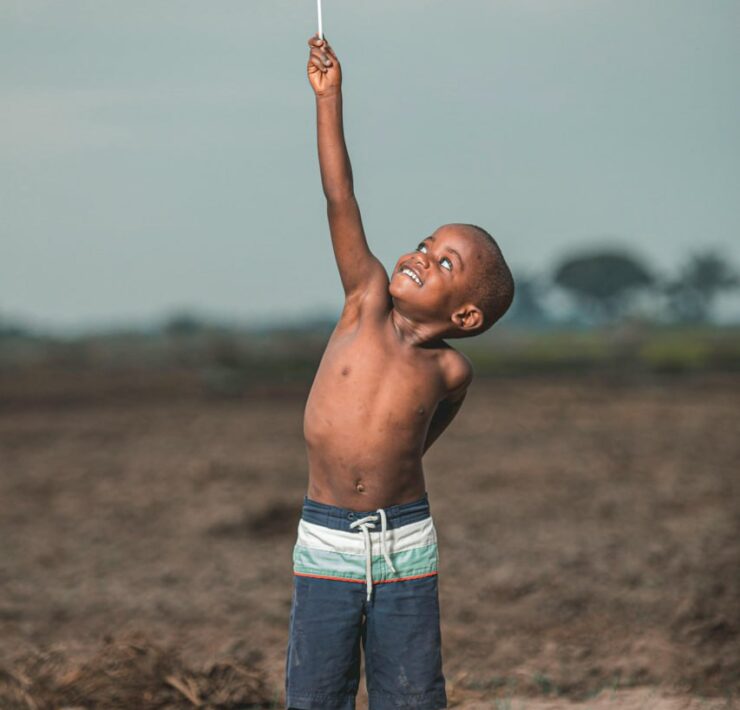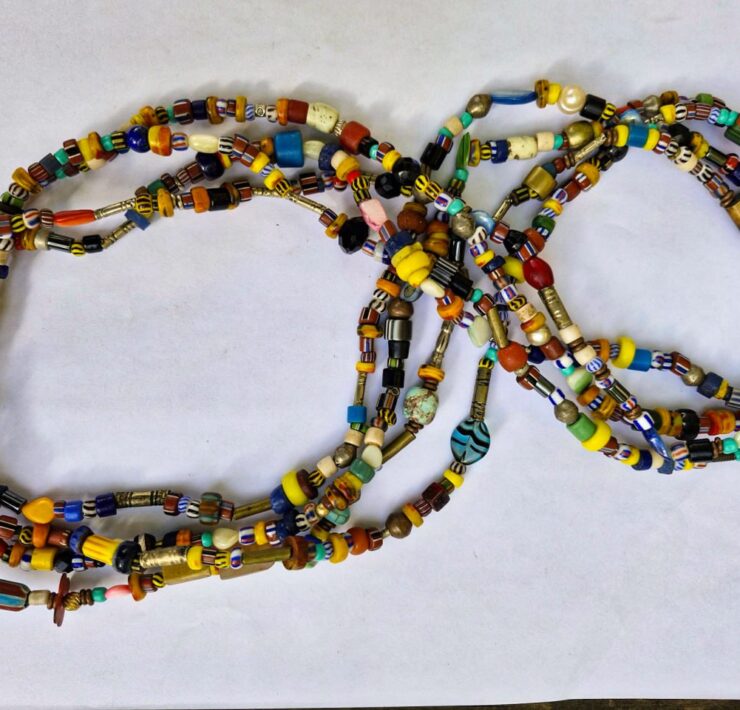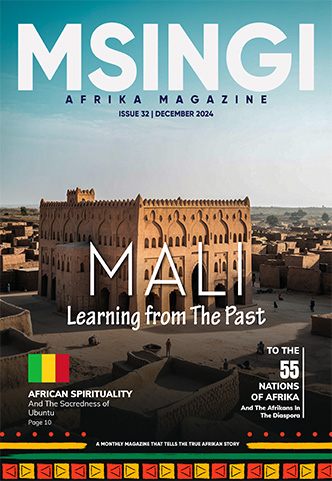The Criminal Justice System in Kenya and the Cry for Change
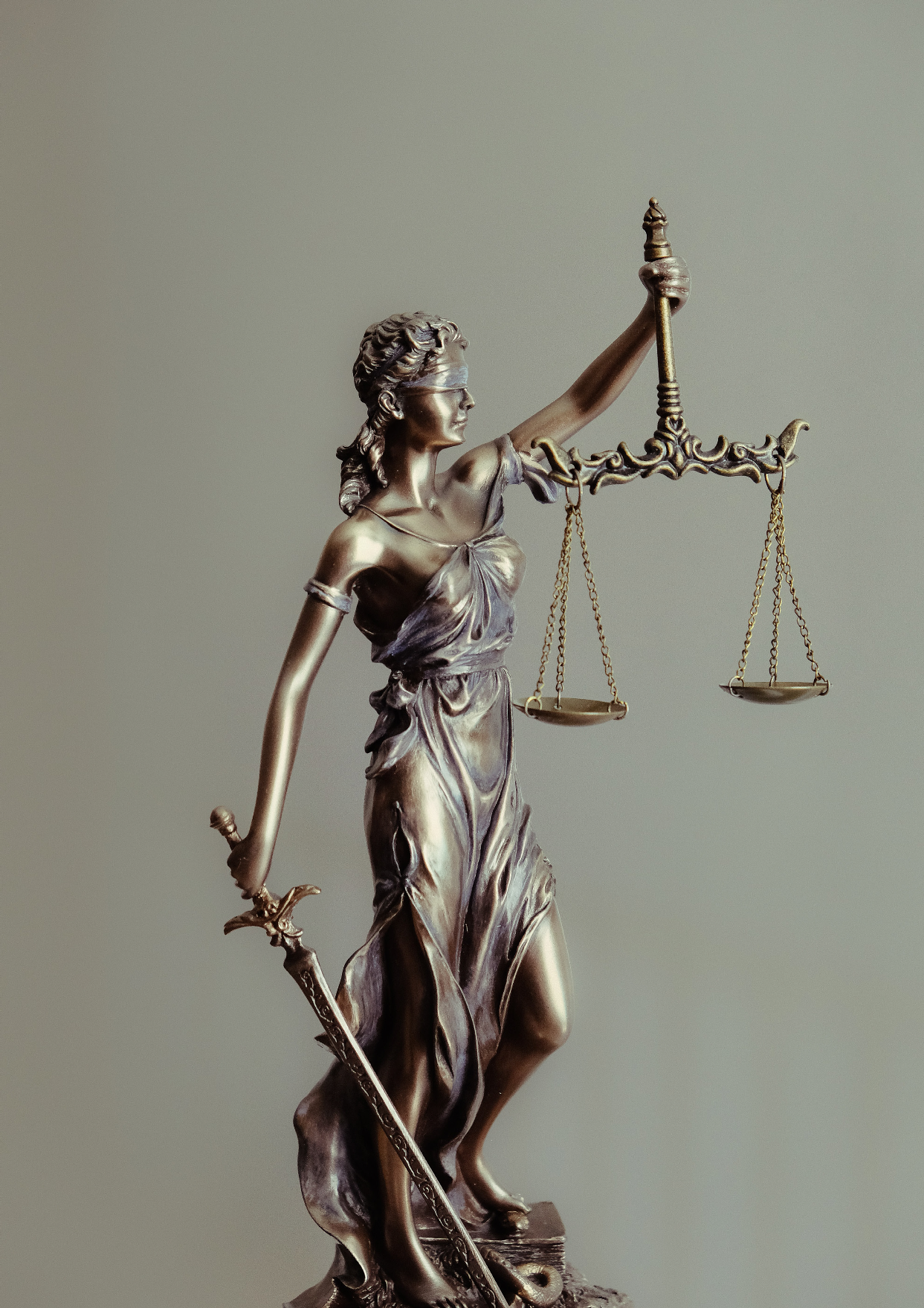
Walter is the Managing Partner and Senior Legal Consultant at…
Read Next
…for us to trigger transformation, we must
Walter Owaga
be the bridge that connects the offender and
those offended as well as the society at large, in
order for both to bear the fruits of forgiveness
and love.
Criminal law in Kenya is guided by the Criminal Procedure Act, which basically gives directions on how a criminal trial should be conducted. We also have the Penal Code, which contains the nature of offenses and the penalties to be meted out to offenders.
In my early years of practice as a lawyer, l found criminal law quite intriguing. It’s interesting to note that criminal law practice has evolved over the years. I recall very well, while l was still undergoing my internship, l was under the tutelage of a criminal lawyer for some time. The only tools of trade that we used to carry then while attending a criminal trial were a file, a writing pad and a pen. The prosecutors were police officers who had undergone prosecutorial training. In those days, the police never used to share the witness statements with the defense attorneys, unlike now as changes in the law have made it mandatory for them to do so. This made the trial more intriguing, as it encouraged trial by ambush. Criminal lawyers were very smart fellows then, as you had to be prepared to handle any crisis on your feet. Remember, the witness could take the witness stand and start testifying of things you had no prior knowledge of. You had to be ready to cross examine them on matters actually not within your knowledge prior to the trial, but now coming to your knowledge during trial. It was therefore incumbent upon the defense lawyer to ensure that they obtained as much information as possible from his or her client before trial. This is what made the difference between a lawyer who had prepared for trial and one who had not.
At the end of the day, it seems as though the outcome of the trial depended so much more on the lawyer than on any of the other participants in the trial. It’s unfortunate that the police were either not well-equipped or trained in those days and so the level of investigative work was wanting. The prosecutors, who were then police officers, were in most cases not very conversant with some provisions of the law. They only relied on their witnesses, which is rarely sufficient to procure a conviction. As a matter of fact, there were so many acquittals in those days.
Things took a different dimension after a few changes in the law were made. This basically sought to address the mischief behind the non-disclosure of witnesses and evidence before trial. The prosecution was now required by law to provide the accused persons and/or their advocates with witness statements and all the evidence that they intended to rely on before trial. Of course it wasn’t a walk in the park. Some police officers and prosecutors tried their level best not to comply with these new provisions of the law. It is sad to point out that the people who suffered most because of the way trials were handled then were accused persons in custody. In most cases they could not access the witnesses’ statements and the evidence before trial. Some judicial officers were not kind enough to ensure compliance by the prosecution. Trials at times proceeded, to the disadvantage of the accused persons. The system worked against them. Many were convicted of offenses they never committed. The result, as you can guess, was a total breakdown in the criminal justice system.
Unfortunately no one wanted to admit that the system was in a total mess. You would have thought that someone would address it, however it appeared as though those who were agitating for change were very few, until the quest for a new constitution checked in. The quest for the new constitution was then given a new lease of life by the coming in of the former president Kibaki’s government. There were a few agents of change within government. One who stood out was the then Vice President Moody Awori who initiated and sustained significant changes in the justice system through the remand and prisons department, by introducing new programs that improved the way accused persons were handled.
Kenyans thereafter ushered in a new era with the coming in of the new constitution. This ensured that rights and liberties of accused persons were promoted and protected by the state and state agencies. The requirement for accused persons to be represented by a legal counsel of their choice was enshrined in the constitution. The provisions for an accused person to be presented before a competent court within twenty-four hours of his or her arrest were also enshrined in the constitution. This had the effect of outlawing the practice that was prevalent, of detention without trial, and the misuse by some member of the public, or the police to settle scores by having their enemies or anyone they wanted to punish detained for a couple of days, so as to either confess of having done what it was alleged they had done, or in the alternative make a settlement as demanded.
The power of the police to take a confession from an accused, which in most cases was obtained by way of use of force, was removed. The constitution formed the bedrock for a number of changes in the Criminal Procedure Act outlawing such confessions. Pretrial directions were later introduced to ensure that accused persons and their counsel were supplied with all the statements made by witnesses as well as all the evidence to be relied upon by the prosecution. This ensured that the trial was conducted on a level ground, where no side had undue advantage over the other. Police prosecutors were eventually phased out and lawyers were recruited by the Office of the Public Prosecution to handle the prosecution of criminal cases. These changes, amongst others, helped create a better place for criminal law practice. They have also helped in safeguarding the rights of the accused persons.
The above notwithstanding, there is still a lot that needs to be done especially in the area of safeguarding individual rights and liberties, and ensuring that fair trial is accorded to accused persons, more so those without legal representation. Time and again l have witnessed some undivided attention being accorded to accused persons with legal representation, especially those that are perceived to be influential in society, whereas those without legal representation are deemed to be time wasters by some courts and are quickly shoved around back to the holding cells in court and at times not listened to. The result is that we end up having people convicted of crimes that they never committed. This state of affairs is bad for any society. The ripple effect is bad, as individuals who were not criminals are sentenced to serve terms in prison – some even for life – because of a failure in the system. These individuals, in most cases have families, some children and other relations. Their dependents are affected and some live with bitterness against the state and the judicial organ of the state. Someone once said, “There is no greater tyranny than that which is perpetrated under the shield of the law and in the name of justice.”
Whereas, we must acknowledge that a lot has been done to improve the delivery of justice and to safeguard the rights of accused persons in the criminal justice system, we must determine to push for more reforms and the right policy formulation to ensure that due process is carried out in an environment and within a framework that promotes justice to all victims of crime as well as justice to the perpetrated, but without compromising the rights of those presumed to have committed the alleged offenses. The presumption of innocence until adjudged guilty must not be lost to us during the trial process. The few who understand the mind of God concerning the gate connected to this area must arise.
One of the areas that l have over the years observed that needs a lot of input from those with understanding, especially in the Afrikan context, is in the area of rehabilitation of those already incarcerated. We must push for a mental shift and look at the capabilities of these persons to change society in a positive way. Forgiveness and love for a repentant offender is a critical need that they are often deprived of. Therefore, for us to trigger transformation we must be the bridge that connects the offender and those offended, as well as the society at large, in order for both to bear the fruits of forgiveness and love. We can only do this by getting involved in the prison ministry, not as it is traditionally done, but to be agents of change and do it in full consideration that the greatest gift is love. 1 Corinthians 13 declares that prophecies will fail, faith and hope are important, but the greatest is love.
One of the things that l have come to realize is that there is greatness in men and women behind the prison walls. The question is, who is willing to be used of God to bring out this greatness? What l realized is that we don’t have to start big, as many would suppose. All that is needed is touching one life at a time. I have experienced such satisfaction whenever, by God’s grace, God has used me to bring change through my practice and with the understanding that it is God working to bring change to some of the people whose cases l took up on pro bono, or with very little resources coming in from the client. One such case is a case of a young man who accidentally killed his girlfriend. When called to represent him l had the opportunity to either allow him to tell the truth, while recording his statement or tailor-make it to suit an acquittal, as there was no eyewitness or evidence directly connecting him to the scene of the crime. I prayed about the case and was led to advise him to give an accurate account of what transpired in his statement. His statement was produced in court during trial as evidence of his admission of the offense. This basically meant that a conviction had already technically, been procured by the prosecution. I advised him to ask for forgiveness from the deceased’s mother. One day after the court session he walked over to the deceased’s mother and asked for forgiveness.
We proceeded with trial and before it came to a close, l felt a burden to tell him to ask his family to reach out to the deceased’s mother and once again show remorse and ask for forgiveness. After a lot of struggle the family managed to reach out to the deceased’s family. At the end of trial, the young man was found guilty of manslaughter, which carries with it a life imprisonment penalty. I was then advised to mitigate on his behalf. I prayed and faced the magistrate having prepared my mitigation submissions.
I made a very ambitious request and asked the court to commit him to a non-custodial sentence. The prosecution of course found this laughable and strongly submitted that my client was a danger to society and ought to be sentenced to life in prison. In my mitigation l strongly submitted of the fact that my client was very remorseful and repentant. He was going to live with this guilt for the rest of his life. I also indicated that twice, my client and his family had asked for forgiveness from the deceased’s family. It was with a lot of relief that the magistrate asked for a pre-sentence report to be prepared by a probation officer, before sentencing my client. The downside of the directive was that the probation officer was to visit the deceased’s mother and establish whether she had genuinely considered forgiving my client and whether she had indeed forgiven him.
We did not know the outcome of that process however, when the sentencing date came my client was sentenced in respect to a lesser offense of involuntary manslaughter and directed to serve a non-custodial sentence for six months. The upshot of this is that the fellow saw the hand of God at work and l believe he is now a changed individual currently focusing on positive things.
We don’t have to be practicing lawyers or even part of the legal profession to be agents of change in this area. We can do it in our small ways as God leads us. This is a common problem cutting across the entire continent of Afrika. The question is, will you make room for someone’s life to be transformed through you, especially those that are deemed to have wronged the society we live in? In the same breath, will you make room for someone to forgive and find healing… those who have been offended by those in custody? It is indeed a difficult task, but having offered a bit of the background on what transpires in our criminal justice system, l hope God, who is the very epitome of love will help you make the right decision and impact society.
Subscribe now for updates from Msingi Afrika Magazine!
Receive notifications about new issues, products and offers.
What's Your Reaction?
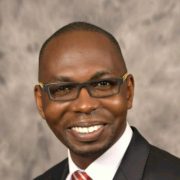 PIN IT
PIN ITWalter is the Managing Partner and Senior Legal Consultant at Owaga and Associates Advocates. Walter has over 12 years of broad experience in Commercial Litigation, Corporate Law, Legal Advice, Intellectual Property, Legal Research, Legal Writing, Corporate Governance, Civil Litigation, Legal Compliance, Due Diligence, Employment Law, Mediation, among others.









